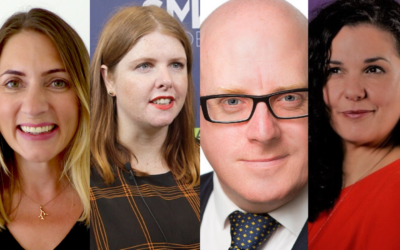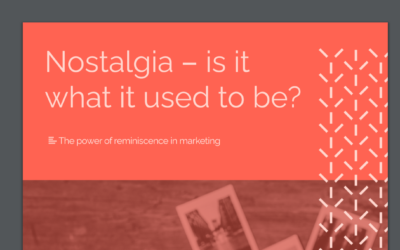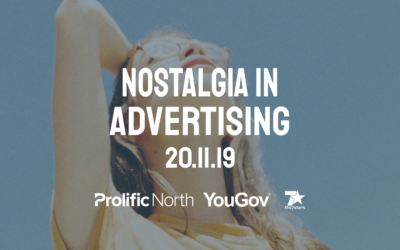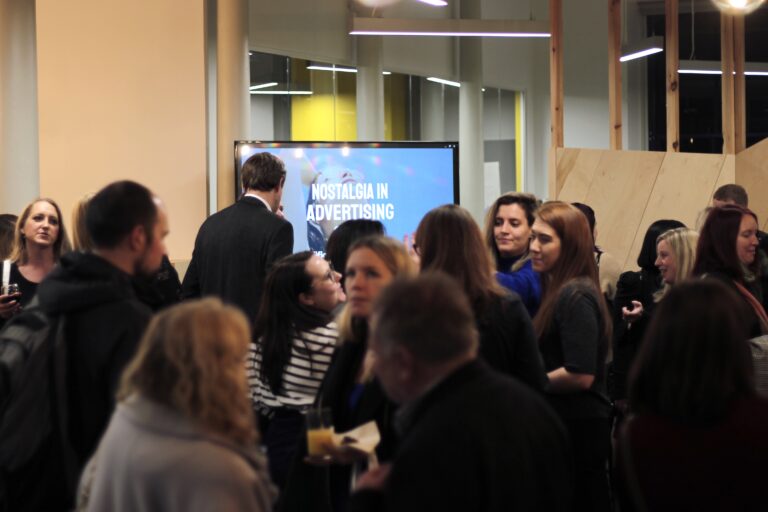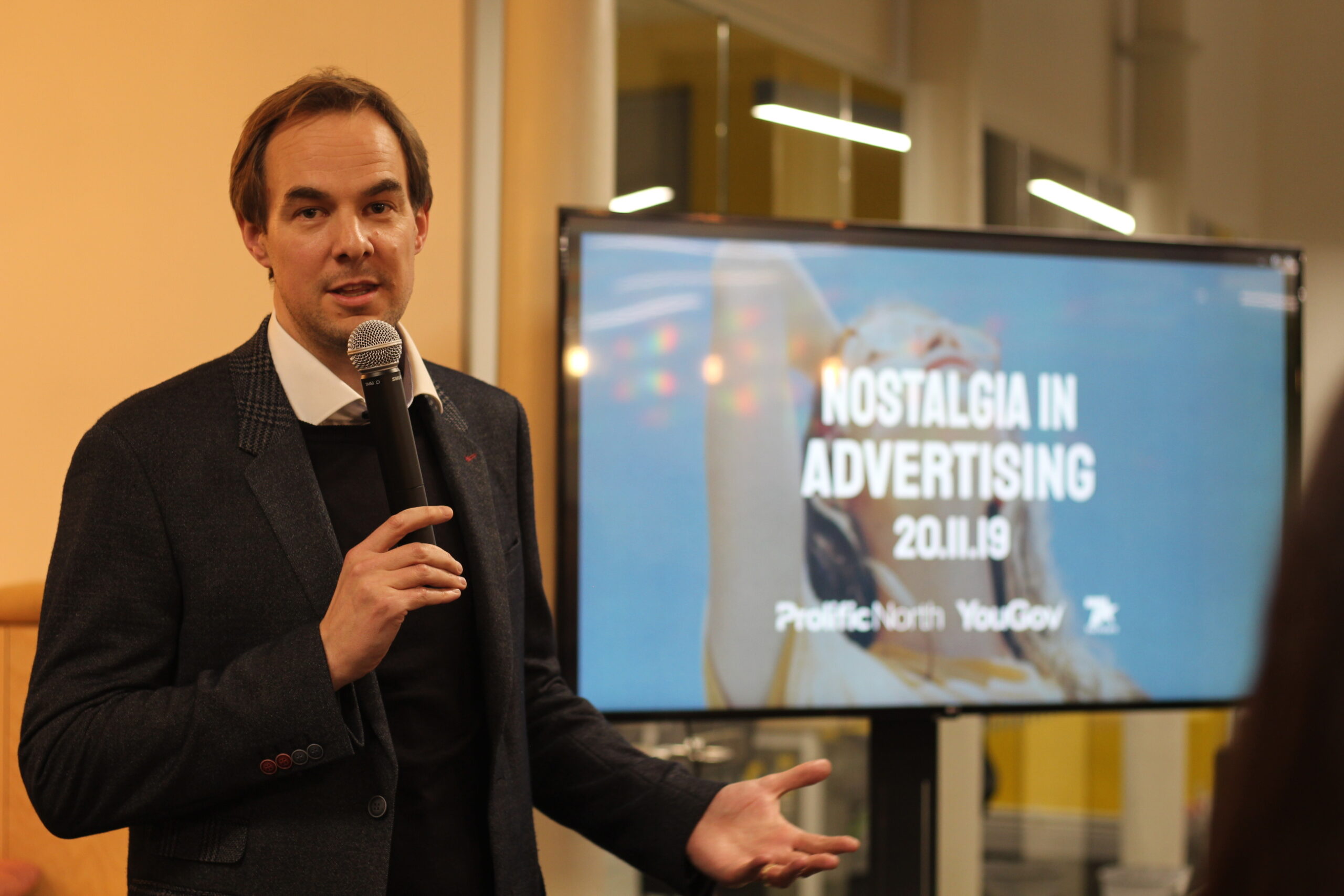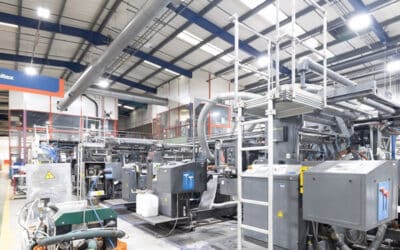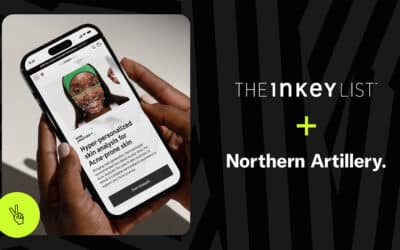Amelia Brophy, Head of Data Products at YouGov UK, introduced herself, saying they and the7stars wanted to find out why people are so motivated by the things that made them think of the past, which was where the seeds of an idea for the whitepaper came from. Helen Rose, Head of Insight & Analytics at the7stars, said the media agency had been looking at all the modern-day instances of nostalgic products, and partnered with YouGov to help find out what that really meant.
Emma Hunt, Head of Marketing at Vimto, introduced herself as the “odd one out”, with Vimto being a nostalgic brand that often didn’t use nostalgia in its advertising. Phillip Hulme, Director of Sales at Anchor Hanover Group, explained why the organisation needs to use nostalgia – reminding their older audience of the feeling of buying that very first property, even when it’s not.
Amelia said it was necessary for brands to focus on how to use nostalgia in advertising correctly. Emma agreed, saying if there’s something interesting about a company’s history it works, but it needs to be both authentic and relevant – such as when Vimto did use nostalgia in a campaign to celebrate its recent anniversary.
Prior asked the panel if they agreed that there’s a problem with nostalgia if it’s replacing originality altogether. Helen said “there’s a world of opportunity”; where nostalgia is concerned, it doesn’t have to be lazy creativity.
Many feel a certain so-called “fauxstalgia”, said Amelia, a term that was coined and investigated in the whitepaper. Why do we feel nostalgic for things we didn’t experience, she asked. Things like Spotify make the past instantly accessible – access feeds nostalgia. “Fauxstalgics”, as we might call them, offer an opportunity for brands.
Any marketing done badly alienates people, said Phil, so nostalgia must clearly be used right. Perhaps where we are now has fed our love for nostalgia – approaching the end of the decade, we are feeling very little optimism generally. So doubling down on nostalgia is necessary, even using a kind of nostalgia for recent times, such as the 90s.
Amelia moved the conversation to music – something the whitepaper discovered was the absolute most important factor in reminding people about better times. Music is easy as a key, she said. You can take old music and update it in a modern way, as some brands do, and tell people you’re nostalgic and modern.
On the topic of music, Emma said you need to be careful, and never lean to heavily on nostalgia, while Phil suggested it might perhaps be dangerous. Anchor Hanover now sells to the generation whose nostalgic music of choice would be The Who and the Sex Pistols – are these really the right things for adverts?
The whitepaper that the 60s had the strongest instant association for music. Helen told the audience the landscape has changed – because so much time has passed there’s a catalogue of content that’s not really new, and it’s a game-changer for clients, who can draw on old themes with creative license.
Emma said that all advertising is meant to evoke emotion, and nostalgia is a shortcut to emotion. It works better with the past than the future – it’s difficult to look to the future positively, in the same way we look at the past.
Brands promising a brighter future is a risk, said Amelia. It’s authentic to look back. Making future promises is risky unless you can absolutely back it up. And consumers are more savvy than ever, added Helen, so achieving authenticity is hard. Tapping into mindsets is vital.
After the engaging discussion, the floor was opened to questions, which covered such topics as whether brands can be too cynical and fail by using nostalgia too obviously. Following this, there was more networking and socialising, before the event came to an end.
The full whitepaper can be read here.

